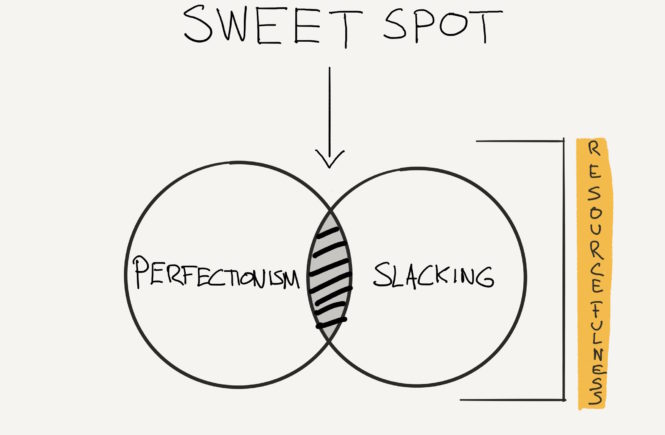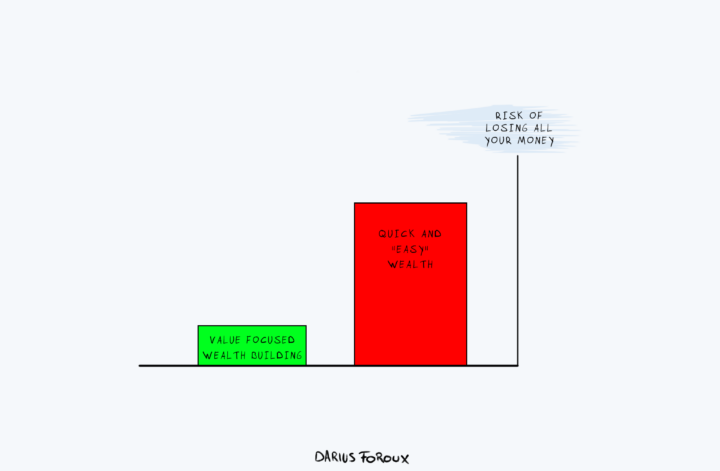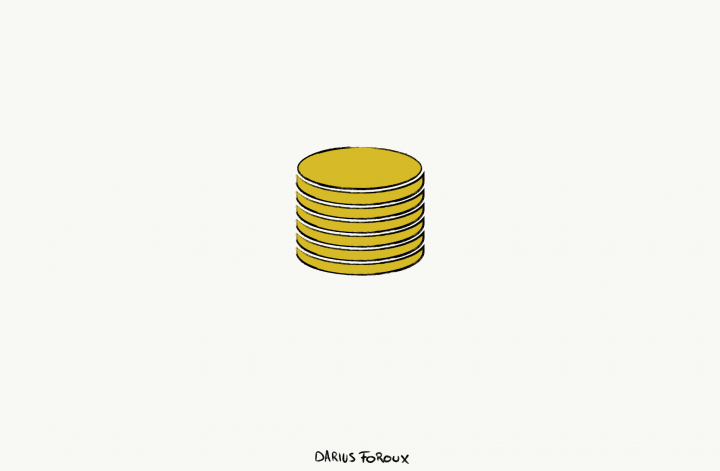Our phones have become an extension of ourselves. We use a phone for almost everything: Staying connected with friends and family, doing work, managing our lives and schedules, entertaining ourselves, etc.
A recent study showed that the average person spends around three hours a day on their phone, which adds up to around 45 days a year.1Source: Exploding Topics
That’s a month and a half worth of time! Imagine what you can do with a free month and a half. You can write a very rough book draft, or even get much fitter, etc.
Spending time on our phones is inevitable. But that doesn’t mean we can’t manage it. Think about the constant need to check notifications, scroll through social media feeds, and respond to messages.
This isn’t just bad for our mental health. It also distracts us from doing and finishing our work on time.
For the sake of our personal well-being and productivity, we need to reduce the time spent on our phones. Here are a few ways you can get off your phone.
Know WHY you keep using your phone
What activity makes you spend the most time on your phone? Is it social media? Emails? Work? Boredom shopping?
Know and understand what’s keeping you on your phone. If you find yourself reaching for your phone out of boredom, it might be time to assess what’s really going on. Do you visit shopping sites to distract yourself from work? Does this indicate that it’s time for you to find a new job that makes you more engaged?
Think about this: Every minute you spend aimlessly scrolling through your phone is a minute you could be spending on something more fulfilling or productive. Seneca said it well:
“Life is long, if you know how to use it.”
Understand that your smartphone is a tool. It should serve you, not the other way around.
If you find yourself spending too much time on your phone, take a step back and evaluate why. Is it serving a purpose or simply filling a void? Once you identify the reason, you can start making changes.
Remember, life is happening right now. Don’t let it pass you by because you were too busy staring at a screen. We all have the same 24 hours in a day. Make yours count.
Let technology help solve your problems
Use apps to save yourself from other apps. It sounds ironic, but it can also work.
There’s an entire industry built around helping you monitor your screen time. Apps like Moment and RescueTime do just that. Freedom lets you block or schedule sessions with certain apps. HootSuite allows you to schedule posts to make it seem like you’re active online when you’re not. If you’re an iPhone user, there are also apps that help track and limit your screen time.
You can even simplify your journaling and writing process with the Reflection App, which would save you a lot of time.
Some people also go for a “dumb phone” – those with limited internet capabilities. That’s a bit too drastic for me. But if this works better for you, go try it.
Another thing: Push notifications. Switch off all notifications except for the absolute necessary ones—calls from your partner or your kid’s school, etc.
Use your phone less for daily tasks Use your computer more instead, and then avoid making your phone your all-purpose tool.
Give yourself a 24-hour smartphone-free day every week
Go a full 24 hours without your phone. You’ll feel the itch, the need to have it close to you every single minute. Those are just withdrawal symptoms. Fight the urge.
It’s natural to feel jittery and restless once we remove the thing we’re addicted to. But unlike synthetic drugs, your smartphone didn’t make any changes to your body chemistry. So you should be fine.
Think of this as your phone-free vacation. It’s all about reclaiming your freedom. Your future self will thank you in the long run.




